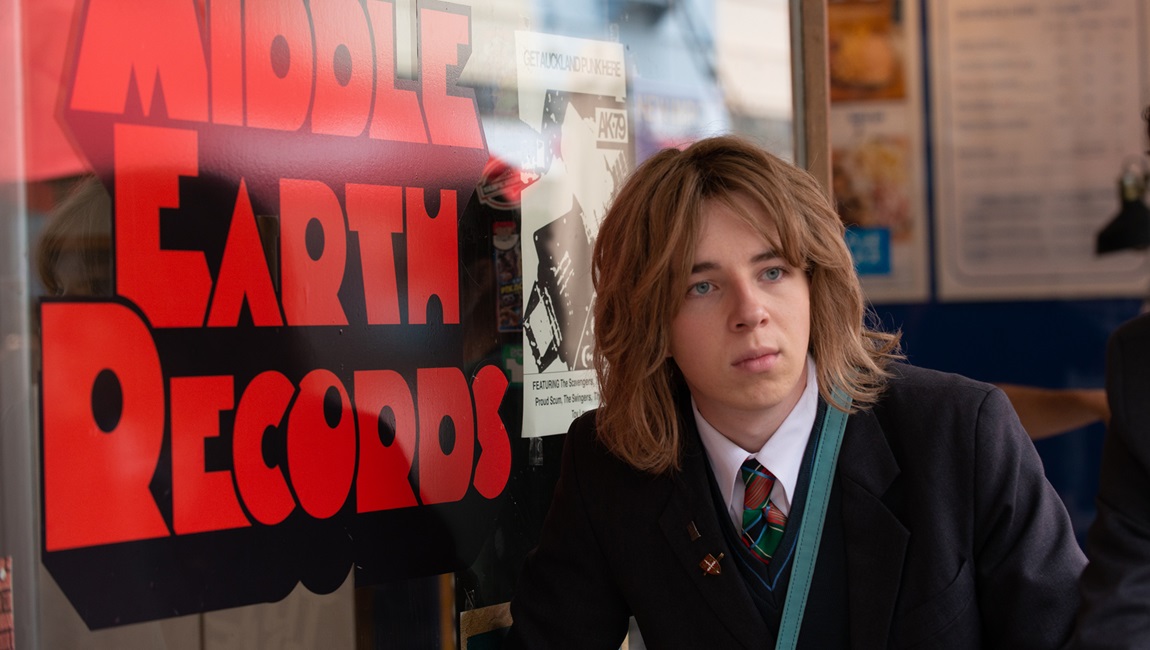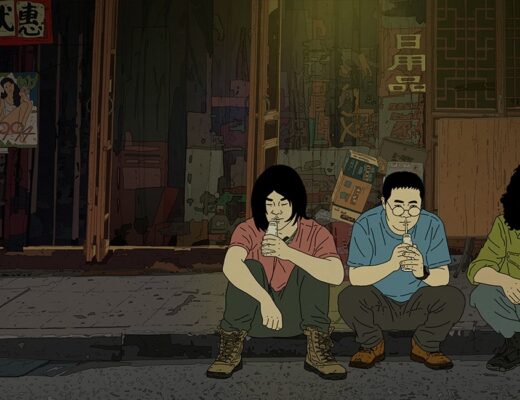For as long as the cinematic form has existed, it has embraced nostalgia, that cultural drug which oversees virtually every socio-political framework known to modern man. From D.W. Griffith and the reimagining of an idyllic Confederacy in The Birth of a Nation, to Nazi glorification under Leni Riefenstahl, and to the period dramas and decade-specific indies currently populating screens and streamers, the search for an unblemished or imagined past lingers as a perpetual referent — and, in some cases, an end in itself. Nostalgia, likewise, has co-opted the cinema in an ideologically suspect production of manufactured tastes: what are the Oscars, for example, if not millions in an imagined global consensus reminiscing over the trends and moralisms of the era? In short, when a film explores some chunk of personal or national history today, it tends more often than not to offer its intricacies as thematic moodboards, its peregrinations as emotional bait.
The choice of opening film for this year’s Rotterdam Film Festival, then, offers a sly subversion of nostalgia politics. Head South, the fourth feature of New Zealand filmmaker Jonathan Ogilvie, may be slight by all counts, but its refusal to neatly coalesce the subjective and autobiographical experiences of its protagonist — teen schoolboy Angus (Ed Oxenbould) — shouldn’t be dismissed as negligent or even willful obfuscation. Surveying the post-punk craze of the late ‘70s and set half a world away from its British origins in 1979 Christchurch, the film recounts the turbulent association of Angus’ coming-of-age with his cultural milieu, sharing in the host of anxieties universal to contemporary adolescence. Sporting a goofy shaggy-hair imitation and a wan, somewhat embarrassed smile, the high-schooler is thrust into the real adult world when he’s expected to front a band for a side performance, to some older, meaner punksters no less. With no real experience singing or strumming, however, and without the support of his closest buds (who unceremoniously ditch him after being low-balled for weed), the bulk of Head South looks, indeed, about to head south.
Though urban slang designates the south as the metaphorical spot for oral sex, Angus’ playbook references two other souths: the magnetic equivalent and the true one. For his tongue-in-cheek dad (Marton Csokas), who’s very much a loner like him, Angus is unmotivated, unguided, and somewhat dull; but for the youngster, whose home life is marked by a periodically absent mother and an intense love — and loneliness — for the inner world of loud music, the certitude of magnets alone can’t quite prescribe his way forward in an age where nonconformity has become convention and hormonal releases seem ubiquitous all around except for him. Striking up a friendship with Kirsten (Benee, the New Zealand singer-songwriter), working at the local drugstore, the unlikely reorientation of passion and purpose soon gets underway, although marred by no few hiccups and last-minute blows. Following 2021’s bold and compelling techno-thriller Lone Wolf, an adaptation of Joseph Conrad’s The Secret Agent, Ogilvie returns with a personal tale that’s quirky as much as it’s wry, empathetic, and quietly moving.
Published as part of IFFR 2024 — Dispatch 1.







